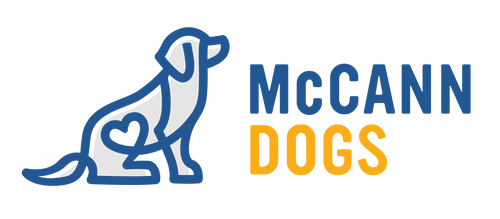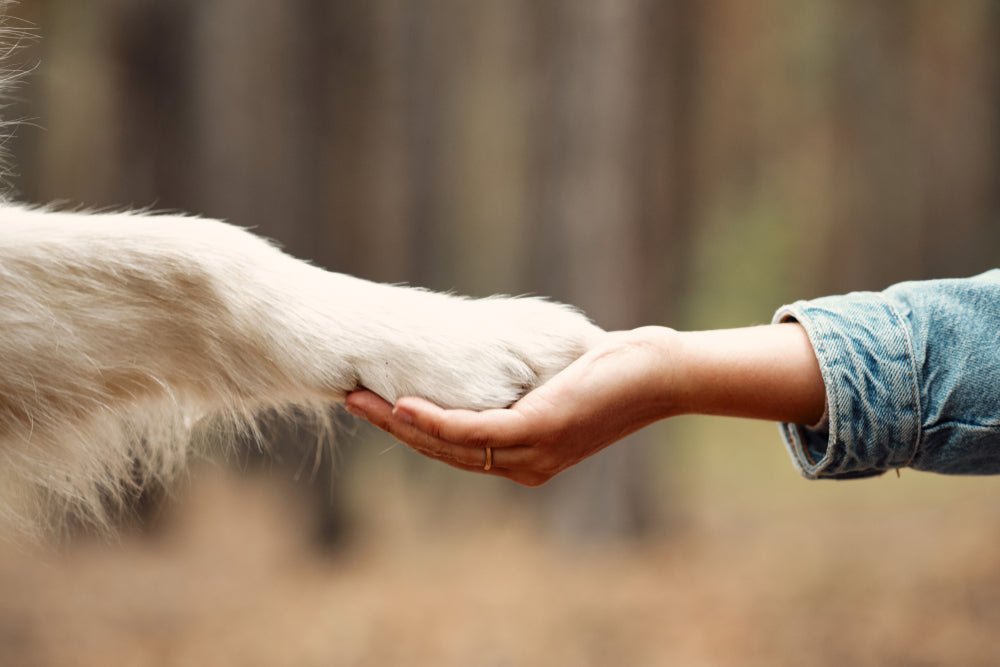We’ve all heard the phrases “emotional control” and “self control” in dog training. Many people assume that this only applies to the dog. But, when you think about it, it should go both ways. We expect our dogs to be able to control their emotions and impulses in all sorts of different scenarios. But are we, as their trainers, able to do the same?
Emotions can be Tough!
Training our dogs can bring out the best in us and the worst in us. Let’s face it - it’s not always easy! In order to successfully train our dogs to live harmoniously with us in our human world, we need more than just good intentions. We need to develop a relationship with our dogs that is based on understanding, communication and leadership. We need to clearly understand how they think and why they do what they do (keeping in mind that anthropomorphism is a dangerous thing). We need to be able to communicate with our dogs in a language that they understand. And, we need to be good leaders for our dogs. While the theory of “pack leadership” has long since been discredited, we still need to provide leadership and guidance for our dogs, and to set boundaries for them.
You're learning too! It's okay to make mistakes
As trainers, we are learners. Whether we’ve trained countless dogs in our lifetime or we’re training our very first dog, we’re learning. Dogs are wonderful teachers. Every dog that comes into our life has something new to teach us and we need to remain open to learning so that we can help that dog to the very best of our abilities. But as a learner, we’re bound to experience a wide range of emotions as we train our dogs - especially when we’re faced with a challenge or struggle. You may find yourself dealing with emotions such as fear, frustration, feeling of failure, etc. But you need to accept these feelings for what they are and understand that they are normal - and know that you’re not alone. Be kind to yourself as a learner! After all, you’re doing the best you can with the information that you have at that moment in time.
4 Stages of Competence in Learning
Understand that in learning, there are 4 stages of competence: unconscious incompetence (you don’t know what you don’t know), conscious incompetence (you become aware of your lack of knowledge and seek to learn), conscious competence (you know how to get the job done but it requires thought and hard work) and unconscious competence (you have the experience and know-how to get the job done and it’s like second nature). Take a moment to think about where you fit in to this with regards to your training.
So, when you’re training your dog and you feel those emotions start to creep in, take pause. Rather than looking at those feelings and emotions as something negative, recognize that you’re on the path to learning more! Observe, think, ask questions! Do everything in your power to search out the answers to your training challenges.
Happy Training!
Guest Poster Instructor Robbie

Hi! I’m Robbie Stevenson and I started training at McCanns as a student in 1995 when I discovered my passion for dog (and human!) training. I then joined the McCann team as a full time employee in 1997 and taught classes for 14 years. After leaving McCanns when I had to move away, I rejoined the team in 2020. I’m now the Online Program Development Manager for McCann Professional Dog Trainers. I love writing about anything related to dog training as well as online learning after my own personal experiences as an online student studying horsemanship. I currently have 2 Border Collies (Spright and So) who keep me very active and busy with lots of fun activities when I’m not working

